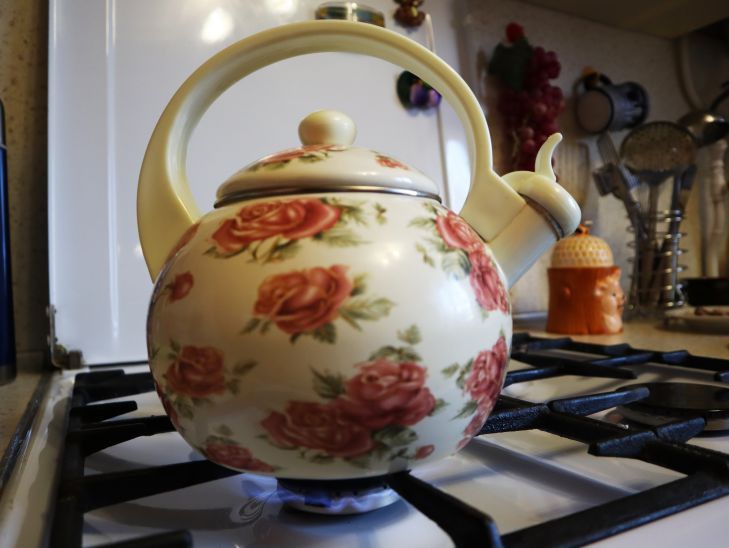Is it dangerous to re-boil water: truth or myth
There is a popular belief that re-boiling water is dangerous. But is this really true?
One of the reasons given is the fact that in such a case the concentration of “heavy water” increases sharply.
This term refers to D2O, a molecule of which has two atoms of deuterium (hydrogen, the nucleus of which contains a proton and a neutron).
"Heavy water"
Any bucket of water contains a certain amount of “heavy water” (about 3 grams), but we drink it without any harm to our health.
Regular water boils at 100 degrees Celsius, while “heavy” water has a higher boiling point.

During the boiling process, ordinary water evaporates, “heavy” water remains, its concentration in the original liquid increases slightly and becomes even greater upon repeated boiling.
Scientists have calculated that to increase the concentration of “heavy water” in 1 liter of ordinary water by 10 times, it would be necessary to add water in an amount equal to 300,000,000 times the mass of the planet Earth.
Mineral salts
Another reason for the ban on re-boiling water is the increase in the concentration of mineral salts. By the way, not all of them are harmful.
Yes, when re-boiled, the concentration of these salts increases, but water only retains a certain amount of them.
The remainder falls out as sediment, forming scale, from which no one has ever suffered.
Chlorine
The third reason: the content of poisonous chlorine in the water, which reacts with other organic substances when boiled.
The result of this process is the formation of even more toxic compounds.
Chlorine is, of course, added to tap water, but precisely to eliminate the organic matter contained in it.
And boiling kills this organic matter, while not creating any toxic compounds in dangerous concentrations even when the process is repeated.
Conclusion
All of the above indicates that re-boiling water does not have a negative effect on the human body.
But here it is worth remembering something else: if the water initially contains many organic impurities, then you cannot drink it either raw or boiled.
